Prayers for Matins or Vigils, before dawn
By day, the Lord directs his love. At night, his song is with me—a prayer to the God of my life. Psalm 42:8
The angel of night
Lights a candle in my soul
Inviting me to listen
To the wordless song
Of Divine Union.
Deep healing.
Deep listening.
Deep waiting.
Deep watching.
All of these become
A part of my night watch.
In the heart of the night
You prepare me to be
Your deep healing
For all who watch
Through the night
Of their fears.
From Seven Sacred Pauses
Prayer for Lauds, praise at the beginning of the day
“ . . . weeping may stay for the night, but rejoicing comes in the morning.” Psalm 30:5b
With joyful silence, I receive
Soft light of a new day,
Light born from earth’s turning.
A Medicine of Dawn,
Healing are your morning rays.
I lift my face toward
The ointment of your splendor
As I become a morning prayer.
As Morning Blossoms,
I go forth to meet the great shining,
With the fading night
I begin a sacred dance
In the arms of your shining.
Encourager of Morning,
Soft glory of the new day,
I am tasting the joy of being awake.
Let your face shine on me
That I, in turn, may shine on others
From Seven Sacred Pauses
Prayers for Terce, midmorning blessing while engaged in work
Let your loveliness shine on us, and bless the work we do, bless the work of our hands. Psalm 90:17
Young the day—awake, my heart.
Wide open and awake
To all the possibilities waiting,
In the hours of this day.
O Spirit of the Circling Hours,
Bless me that I may be a blessing.
Work through me, that I may be
Your love poured out upon the earth.
From Seven Sacred Pauses
Prayers for Sext, noontime hope for peace and courage
Commit your way to the Lord; trust in him and he will do this: He will make your righteous reward shine like the dawn, your vindication like the noonday sun. Psalm 37:5-6
I will believe the truth about myself no matter how beautiful it is:
I believe in my power
To transform indifference into love.
I believe I have an amazing gift
To keep hope alive in the face of despair.
I believe I have the remarkable skill
Of deleting bitterness from my life.
I believe in my budding potential
To live with a nonviolent heart.
I believe in my passion to speak the truth
Even when it isn’t popular.
I believe I have the strength of will
To be peace in a world of violence.
I believe in my miraculous capacity
For unconditional love.
From Seven Sacred Pauses
Prayers for None, putting our workday in order as we reflect on putting our life in order
Teach us to count our days that we may gain a wise heart. Psalm 119:12
Give us the grace of tender seeing. Help us to recognize and honor the wise one who lives at the core of our being. May we always be open to being taught. May we be able to let go of our work at the end of the day. May we learn to bless and affirm each person who passes through the hours of our day. May we lose our fear of those things which are transient. May we learn the art of living well and dying well. Teach us to end the day slowly, thoughtfully, gracefully. Soften the driven part of us that we may learn to relax and offer all we are and all we do as a bouquet of life at the close of each day. In the name of the old one who lives in us, we pray.
From Seven Sacred Pauses
Prayers for Vespers, as daylight ends and the veil between heaven and earth is thin
You have searched me, Lord,
and you know me.
You know when I sit and when I rise;
you perceive my thoughts from afar.
You discern my going out and my lying down;
you are familiar with all my ways. Psalm 139-1-3
Dear Heavenly Father,
As the day comes to a close and the night settles in, I come before you with a heart full of gratitude and reflection. Thank you for guiding me through another day, for the blessings You have bestowed upon me, and for the grace that has sustained me. As I prepare to rest, I seek your presence, comfort, and peace. Cover me with your wings and keep me safe from harm. Father, as I reflect on the events of this day, I acknowledge my need for Your forgiveness and mercy. Heavenly Father, I thank you for the moments of joy and the lessons learned from challenges faced today. As I prepare for bed, I seek Your peace that passeth understanding.
From “An Evening Prayer Before Bedtime” on Crosswalk.com
Prayers for Compline, reflecting at night on the lessons of the day
The Lord watches over you—
the Lord is your shade at your right hand;
6 the sun will not harm you by day,
nor the moon by night. Psalm 121:5-6
Let your comforting darkness embrace us this night. The beautiful prayers of this day are complete. This day’s pilgrimage is ending, and we hold dear the lessons of the hours. Night has fallen. Breathe us into this good night. Calm our hearts. Comfort our souls. Protect us from danger. Fill us with well-being. Anoint us with your loving protection. Receive our prayer. Amen.
From Seven Sacred Pauses
Photo credit: oatawa
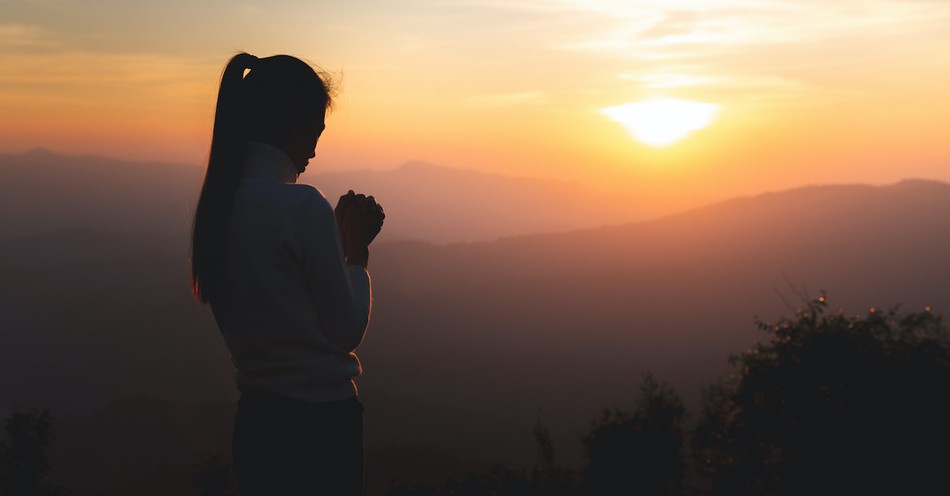
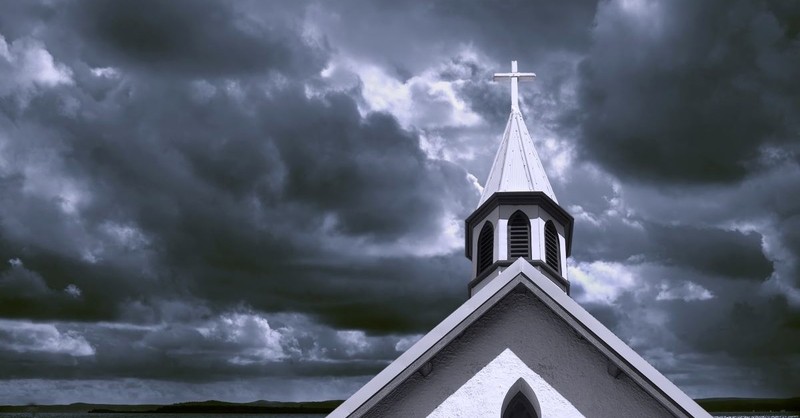
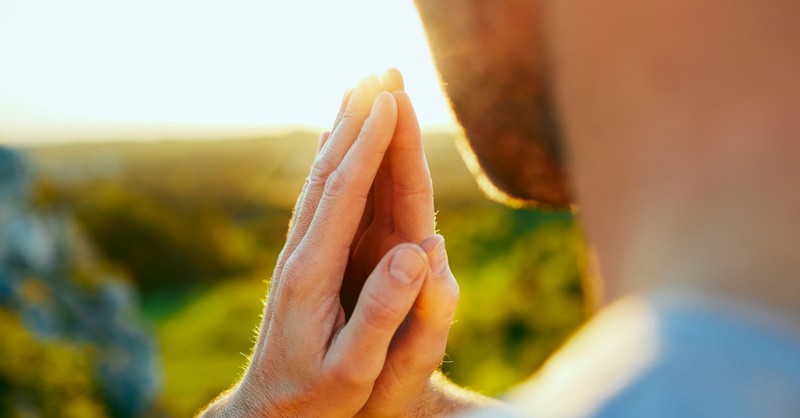
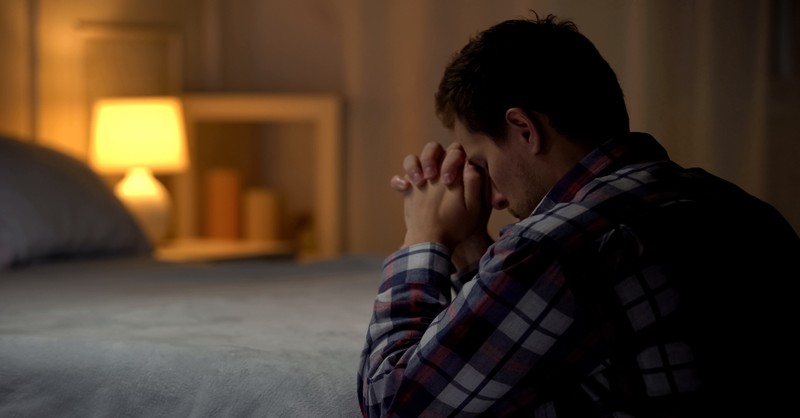

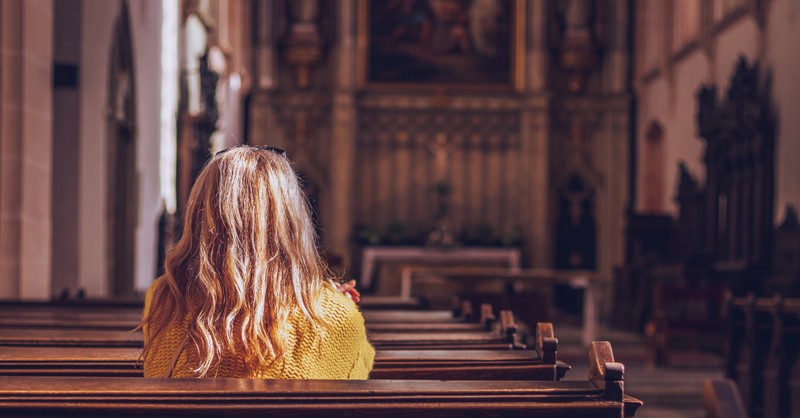



.jpg)

